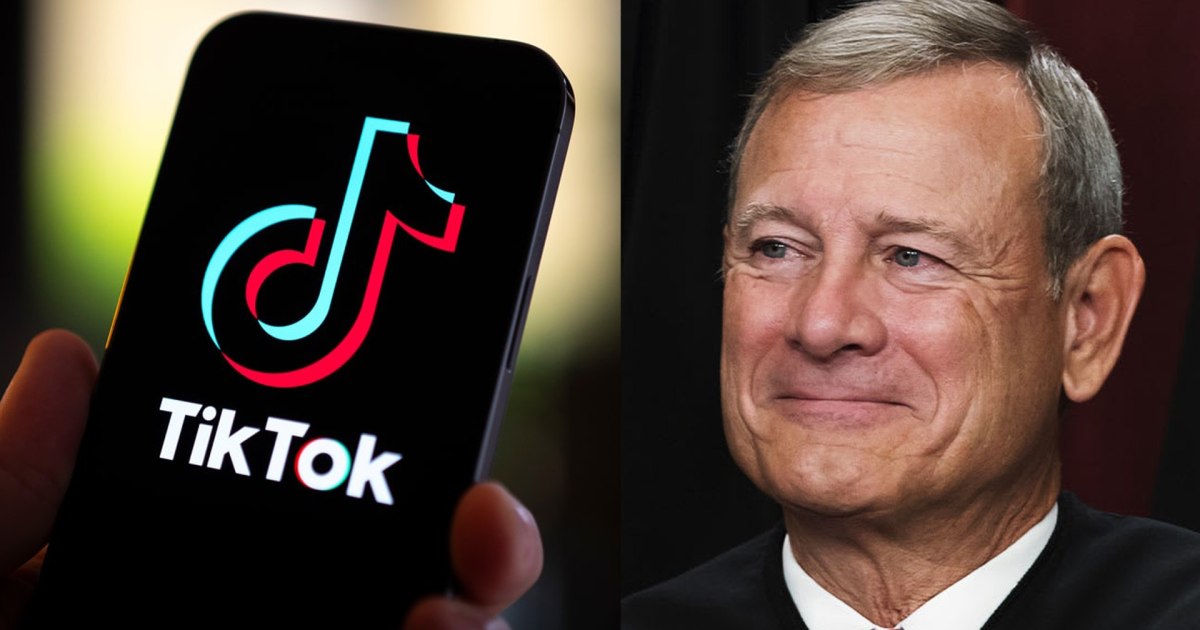Recent terrorist acts were perpetrated by assailants with military backgrounds, bringing into question the practicality of the business of war, writes Dr Binoy Kampmark.
IT HAS BEEN popular to see political and religious radicalisation as something oddly separable from institutions of state. State institutions are meant to cope and cure the condition, not foster it. Like some errant form, it takes place because of popular trends, messages floating in the detritus of the internet and the disrupting buzz and slurry of social media. It catches in conversation like a cold, inspiring the estranged, confused and lonely to take action.
Of late, the righteous types in the military have been confronted by the prospect that their citadel of honourable service and upstanding behaviour could be a foundry for extremism and mental mutilation. Is there any more extremist act than killing someone, often nameless to the killer, and being lauded for it? Is anything …









![Bin 119 announces closure in downtown Billings [Video]](https://corporatemarketingready.com/wp-content/uploads/2025/01/mp_396046_0_90.png)

![Simple, Stress-Free Ideas to Help Busy Families with Cooking & Meal Prep in 2025 [Video]](https://corporatemarketingready.com/wp-content/uploads/2025/01/mp_395217_0_90.jpg)
![Unstoppable Spirit: Mexico City E-Prix [Video]](https://corporatemarketingready.com/wp-content/uploads/2025/01/mp_394907_0_0jpg.jpg)
